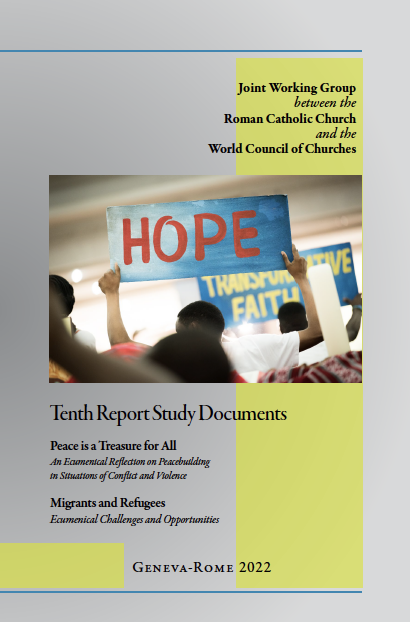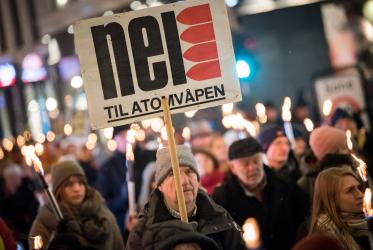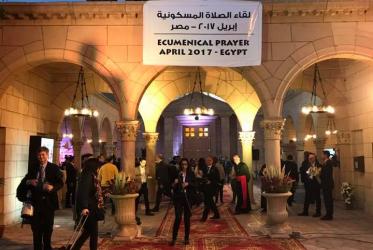Displaying 1 - 20 of 33
11 September 2023
WCC offers input to the UN New Agenda for Peace
13 April 2023
Tenth Report Study Documents
19 August 2022
Trying to do good for the world
18 December 2017
Peacemaking “a great and compelling life task”
09 December 2017
Prayers for peace - Ecumenical service at Trinity Church, Oslo, Norway
09 December 2017
Trinity Church, Oslo, Norway
Roman Catholic-WCC group focuses on peace-building, migration
19 September 2017
We are called to work on a peace built on trust, not power
04 August 2017
What does ‘prudence’ mean for dialogue and peace-building?
16 November 2016













